This show is a response to the many requests we get to do an episode dedicated to answering listeners’ space & astronomy questions.
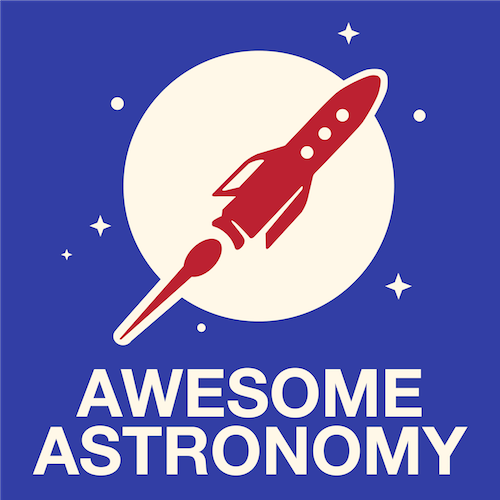

This show is a response to the many requests we get to do an episode dedicated to answering listeners’ space & astronomy questions.
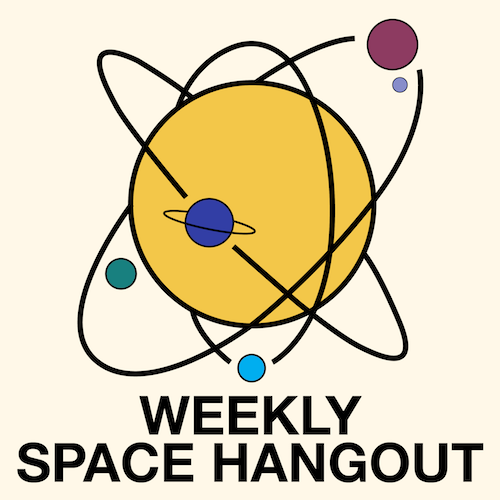
Discussion about Human Exploration of the Moon and Mars and astronomy news updates! What’s up this week? Check it out at #365DaysOfAstro
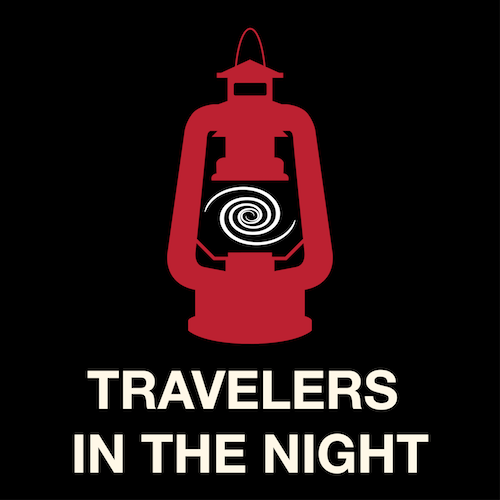
Our 30″ Schmidt telescope on Mt. Bigelow, Arizona covers an area equivalent to approximately 100 full moons. Eric Christensen observed 116 followup observations on a single night.

Discovery of dust clouds at the Earth-Moon L4 and L5 points. And the solar wind that impact space weather.
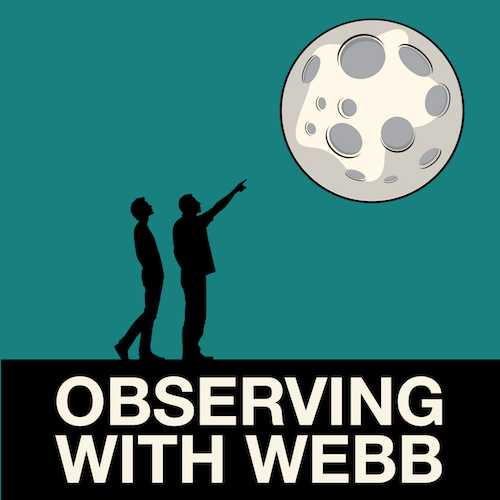
Prepare your instruments for planetary observations and it’s time for #Orionid #meteorshower. #365DaysOfAstro

September is very uneventful, with a week of a close encounter lineup of the Moon, Jupiter, and Saturn, and the rather uneventful Autumnal Equinox. However, the nights are getting longer and the days shorter and cooler.
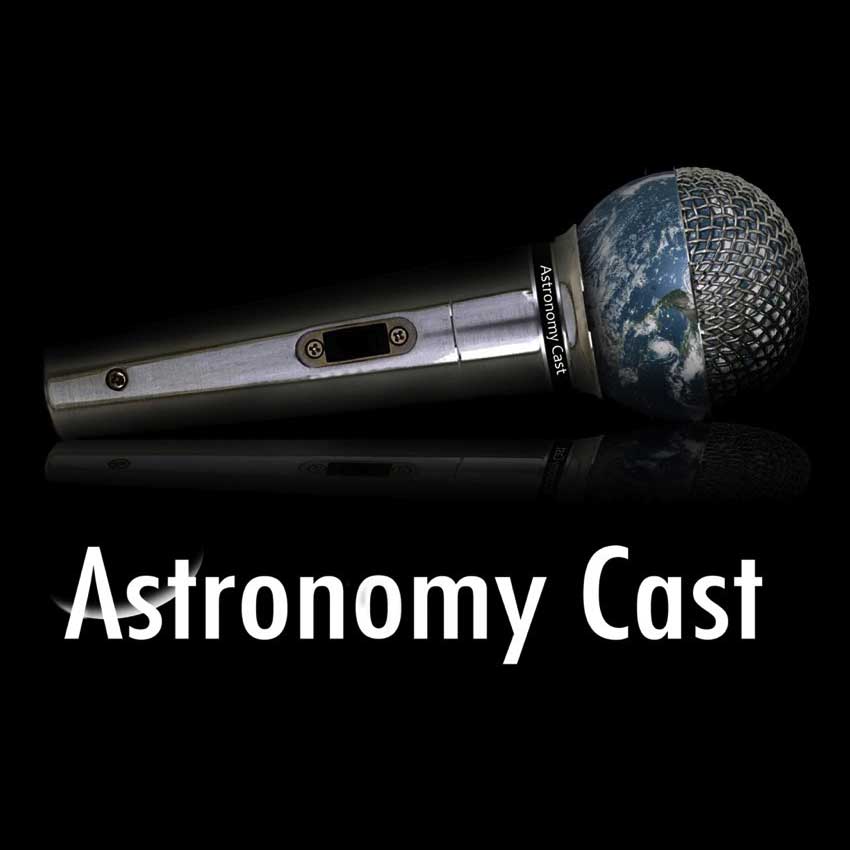
How do planets get their atmospheres? What would happen to the Earth if the Moon just disappeared? And what’s that strange glow we see after sunset?

This week we find out how hard it is to hit the Moon with a laser, & if scientists lose contact with the Mars rovers when they go behind the Sun.


We’ve talked about the physical characteristics of the Moon, and the exploration. Now we’re going to talk about the plans to return to the Moon.